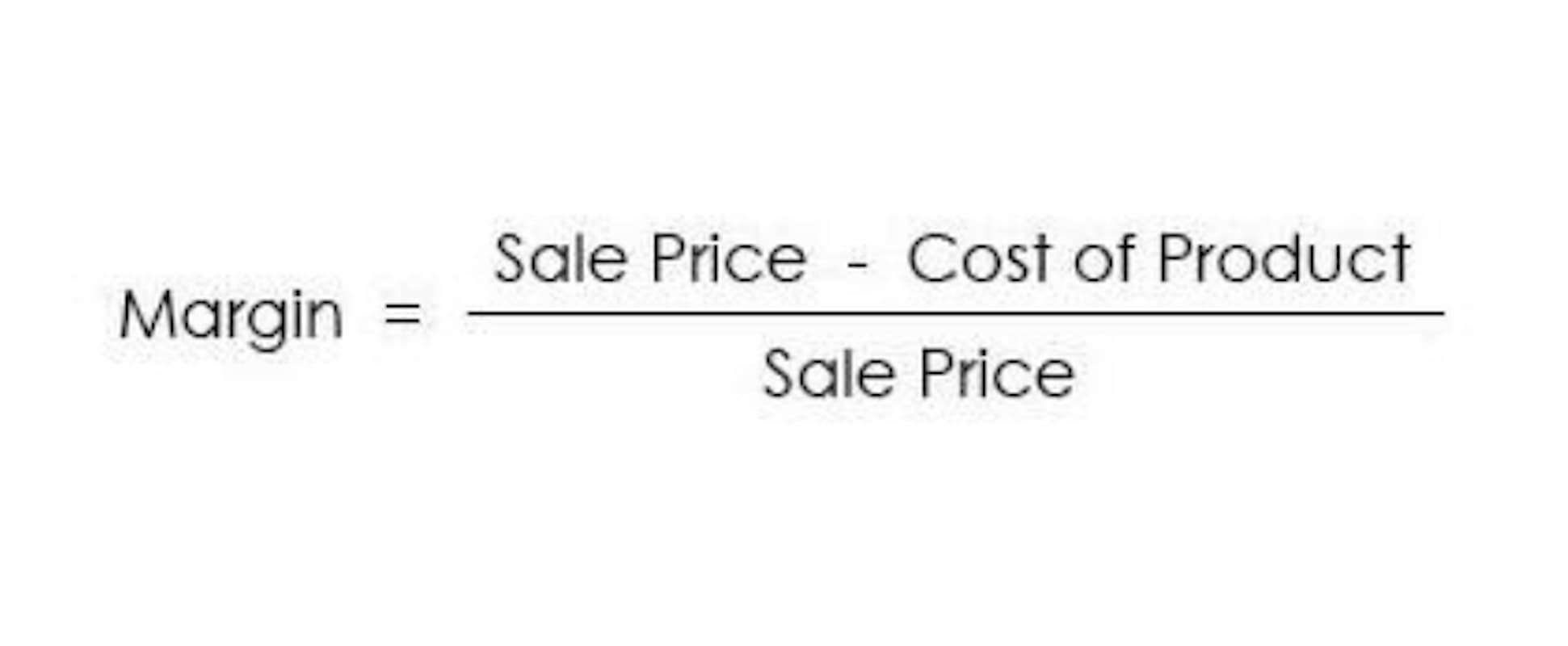
If the cost starts to approach the actual cost of outsourced bookkeeping, it’s time to consider taking the load off your back. However, you may reach a point where no enthusiasm or persistence level can help. Bookkeeping is often the first aspect of the business to suffer. It’s helpful to create income statements because they compare the current numbers to the budget, but also the historical performance of the business. This gives you plenty of room to spot errors you should correct.
She is a former Google Tech Entrepreneur and holds an MSc in international marketing from Edinburgh Napier University. Magazine and the founder of ProsperBull, a financial literacy How to Meet Your Bookkeeping Needs program taught in U.S. high schools. If you’ve accurately kept track of and reported your employees’ salaries and wages, you can claim them with the Employee Retention Credit.
Compare the best bookkeeping software for small businesses
You’ll need to decide whether to use a single-entry or double-entry bookkeeping system. You can use the following software solutions to set up all your business accounts. Bookkeeping can help maintain your payroll expenses in an organized fashion. This will allow you to stay up to date on your taxation compliance, ensuring you never miss a due date.

Yearly rises and falls in the business finances and budget helps allocate enough resources and make the right decisions. Most small businesses will either do their books themselves or outsource the work to a professional. Every transaction you make needs to be categorized and entered into your books. These days, you’ve got three options when it comes to bookkeeping tools. The more information (and supporting documents) you can give your CPA at tax time, the more deductions you’ll be able to legitimately claim, and the bigger your tax return will be. The Ascent is a Motley Fool service that rates and reviews essential products for your everyday money matters.
Bookkeeping basics
Accounting and bookkeeping software requires each journal entry to post an equal dollar amount of debits and credits. This concept is important because each accounting transaction impacts at least two accounts. Using the double-entry method, you can get a clearer picture of your business activity. And when it’s time to post a journal entry to your accounting system, the double-entry method accounts for debit entries, credit entries, and totals. Bookkeeping includes gathering financial data into a recordkeeping system and posting transactions to an accounting system.
You must always ensure secure storage of your bookkeeping records. Following the bookkeeping basics above will make the process easier and help you to stay compliant with industry standards. Now that you have reconciled all your accounts and transactions, you’re ready to close out the month and print out your financial reports. This account tracks all your company’s profits and investments that haven’t yet been paid back to the business owner. Retained earnings are the amount of money that appears as the running total of money retained since your business started.
File with Taxfyle.
For example, if you sell products, your cash account goes up, but you must also record what you sold. This way, your business’s assets and what you owe stay balanced. You’ll want to use accounting software that makes handling debits and credits easier. This system helps you see your business’s financial health quickly and ensures every penny is accounted for. Good bookkeeping gives small business owners a clear view of their financial health.
- You can even pay a bookkeeper, accountant, or third-party company to manage bookkeeping accounts on your behalf.
- The Income Statement is used internally and externally to evaluate profitability and help assess the level of risk for an investor or creditor.
- Bookkeeping plays an essential role in the financial health and success of any business.
- Fully automated accounting software makes keeping your books as easy as possible.
- An accountant’s role focuses on accounting services like interpreting and analyzing the data provided by bookkeepers.
- Some of these elements are done more regularly than others to ensure that the books are always up to date.
Recording and maintaining an accurate sales account will help you understand where your business is currently standing. This account tracks the amount you into your business as its owner, minus any liabilities. (Liabilities are essentially claims in which you owe lenders and other vendors.) This is also known as “net assets.” Detail orientation – Precise data entry and careful documentation prevent problems during account reconciliation and tax time. Recording financial transactions is smoother with the right tools.
